It’s been a bumpy start to the year for supermarkets and an even busier few months for their PR departments, as they’ve battled everything from full-scale court cases to social media scandal.
Now, just over two months into 2022, the grocery industry has already been the focus of a number of controversies, including pay disputes, copyright infringement, human rights concerns, sustainability scandals and environmental degradation.
Grocery Gazette takes a look at the tumultuous start to 2022 for the supermarket sector.
Pay disputes
As inflation has reached a three-decade high and the cost-of-living continues to squeeze household budgets, pay across the grocery industry has been a contentious issue.
In February the GMB Union revealed Asda issued a below-inflation pay increase of 3.25% (£9.66 per hour) to 123,000 of its retail workers; requiring them to accept pay well below the industry average. Comparatively, most UK supermarkets – including Aldi, Lidl, Morrisons and Sainsbury’s – all pay their staff £10 or more per hour.
However, Asda strongly denied the move forced its staff to resort to food banks and payday lenders, citing a 7.35% pay rise, spread over two years.
Shop floor workers at the Co-op also won a key legal argument in a battle to secure equal pay with warehouse staff, at the end of January.
Some 1,600 (mostly female) Co-op workers took action against the symbol group over complaints that they were being paid less than their (mostly male) colleagues working in distribution centres. They demanded similar pay to their male counterparts, who were being paid up to £3 more an hour.
The Co-op has now agreed to a “comparability concession” in the case, a step towards recognising the different roles are of equal value. However, it said its workers were paid “fairly” and the battle was far from over.
READ MORE: 123,000 Asda workers face below-inflation pay increase
Copyright scandal
Last month the infamous caterpillar copyright cake row between Marks & Spencer and Aldi took to court to settle the infringement claims once and for all.
M&S argued that the similarity of the discount grocer’s product has led consumers to believe they are of the same standard and that the product will “ride on the coat-tails” of M&S’ reputation.
However, a consent order was filed on 27 January 2022 at the High Court, officially resolving the case which has now been settled in a “confidential agreement” between the grocers.
At the end of February 2022, Aldi went on to reveal it had set its sights on securing the legal trademark for its Cuthbert caterpillar cake brand.
However, M&S and Aldi’s legal disputes do not end there. Over the Christmas period, M&S sued the discount retailer again, arguing the design of the discounter’s gold flake gin was “strikingly similar” to its ‘Light Up’ gin range.
Papers filed at the High Court in December alleged that Aldi had been selling gold-flake gin liqueurs branded “The Infusionist” in bottles that replicate the M&S’s Light-Up Gin.
READ MORE: M&S Aldi settle Colin the Caterpillar infringement dispute
Human rights concerns
At the start of the year, Tesco, Marks & Spencer and Waitrose were linked to farmworkers in Portugal working illegally long hours for under minimum wage to pick berries.
It was revealed in January that three farms in the Odemira region of southern Portugal supply their berries to UK supermarkets through Californian-based berry seller Driscoll’s – which is marketed to UK retailers by Berry Gardens.
The farms overwork or underpay their employees. The workers, mostly from South Asia, told The Guardian their payslips showed fewer hours than they had worked.
“We are committed to upholding human rights and require all our suppliers to comply with both national laws and the provisions of the ETI Base Code,” a Tesco spokesperson told Grocery Gazette at the time.
According to the Ethical Trading Initiative (ETI), which Tesco, M&S and Waitrose are members of, workers should be paid wages and benefits that meet national legal standards or industry benchmark standards, which are even higher.
Waitrose chimed in on the matter stating “worker welfare is incredibly important to us” and assured the public that it was “investigating fully” with an independent audit.
READ MORE: UK supermarkets linked to underpaid farmworkers
Sustainability scandal
Supermarkets came under fire for wasting up to 200,000 tonnes of food after restricting which suppliers can access the surplus, food distribution charities have revealed.
Independent charities under the Xcess network claimed that they struggle to receive unwanted edible food from processors and manufacturers due to supermarket rules on own-brand products. According to Anthesis research, own-brand products make up over 72% of all edible surplus food in the UK.
Tesco and Asda only allowed suppliers to give out surplus own-brand food to small charities through FareShare and Company Shop – preventing a wider net of smaller charities such as Bread and Butter from accessing donatable produce.
Wrap, the recycling body backed by the government, previously called for retailers to reassess rules that restrict the redistribution of unwanted own-brand products to FareShare and Company Shop.
However, Sainsbury’s has been the only supermarket to alter its system to allow own-brand suppliers to directly give out products without additional bureaucracy.
READ MORE: UK supermarkets create 200,000 tonnes of food waste
Environmental controversy
In mid-January 2022 it was revealed that supermarket giants Asda, Tesco and Lidl had all sold chicken fed by Cargill traded soya from deforested farms in Brazil.
In 2008 the supplier pledged to not buy soya beans from deforested land and said it has been “working to end deforestation related to soy production for more than 20 years”.
However, the company exported thousands of tonnes of soya from Fazenda Conquista farm in Brazil to the UK annually – which has been linked to eight sq km of illegal deforestation since 2013.
However, in February 2022 Asda, Tesco and Lidl came under fire again for “hidden” deforestation claims. This time it was linked to their meat and dairy supply chains.
Although the sale of soya grown on land deforested after 2008 was banned, the agreement didn’t extend to beef and other crops allowing farmers to sell “deforestation-free” soya while destroying rainforest for other commodities.
The loophole was uncovered in Mato Grasso state, which grows more soya than anywhere in Brazil and ships to UK supermarkets. According to Brazilian NGO Instituto Centro de Vida (ICV) data, the vast majority of this deforestation was illegal, lacking licenses under Brazil’s Forest Code.
Click here to sign up to Grocery Gazette’s free daily email newsletter

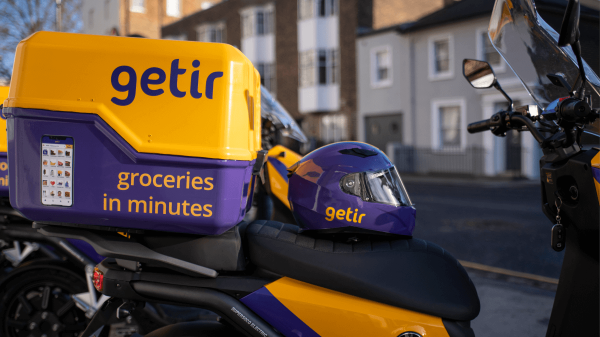
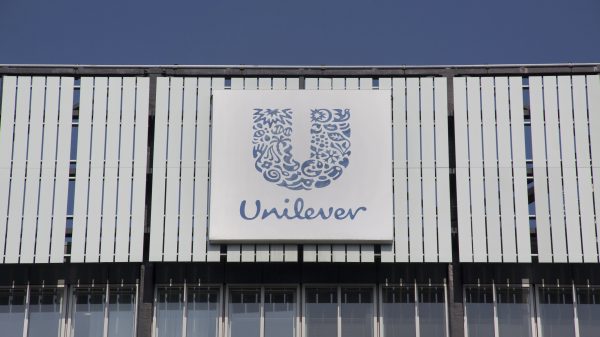

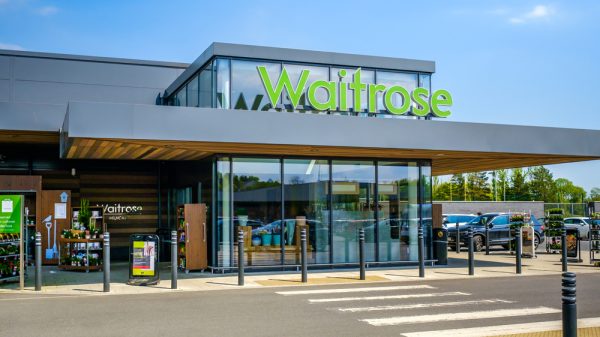
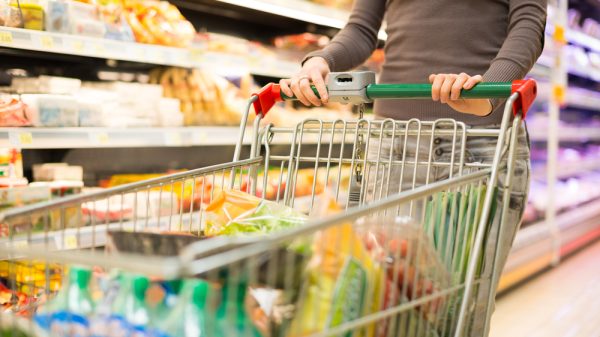
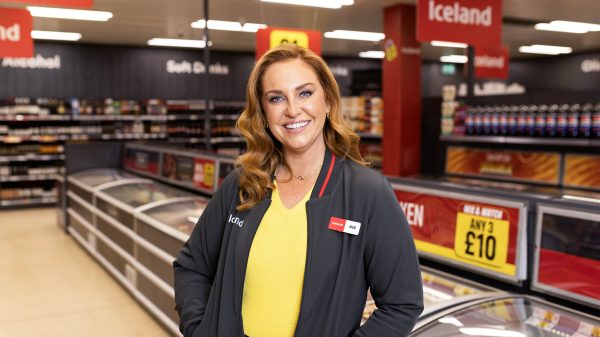
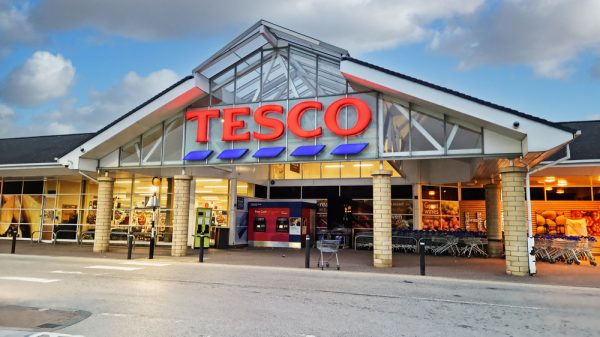
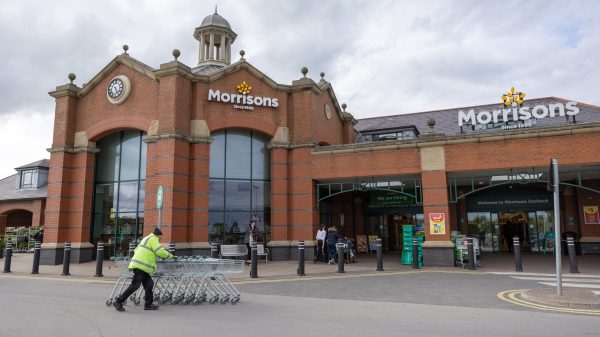
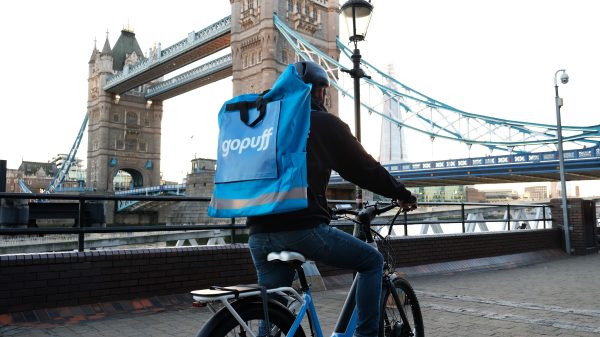
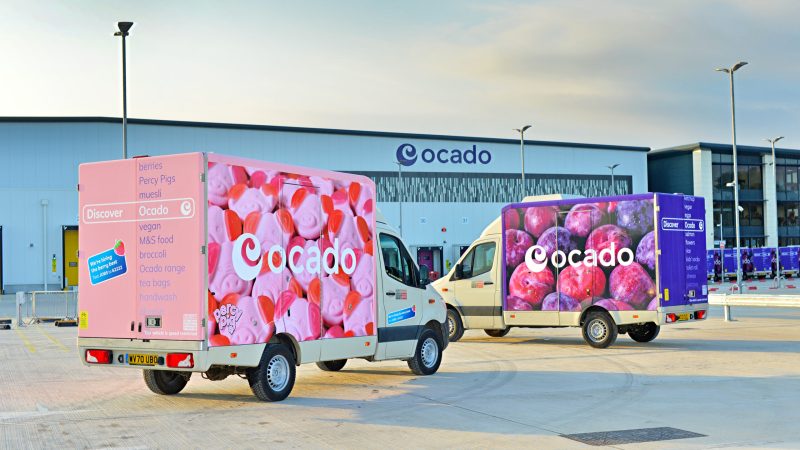
2 Comments. Leave new
Who are supermarkets responsible to ??>> I am in dispute with morrisons supermarkets over a breach of data protection on there behalf, they will not respond to any of our correspondence sent by our solicitor .whom can we contact to make them be responsible
unfortunately, its impossible .morrisons cannot be contacted .ever. bye bye money!!